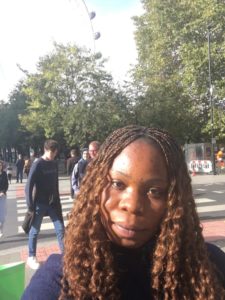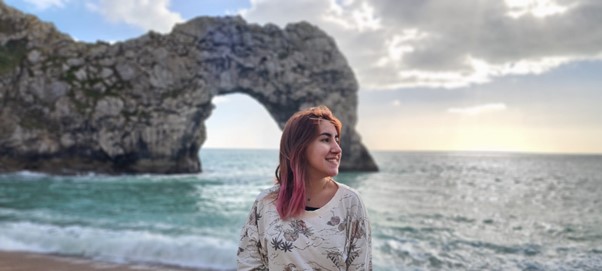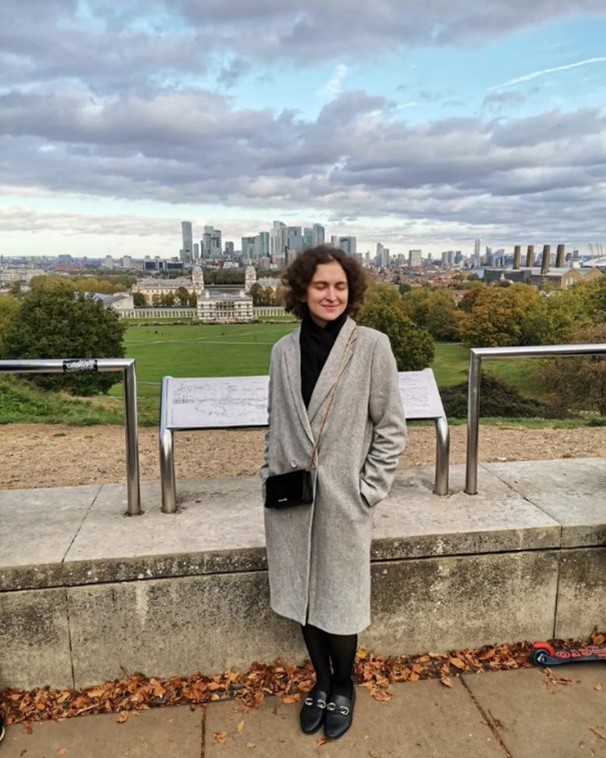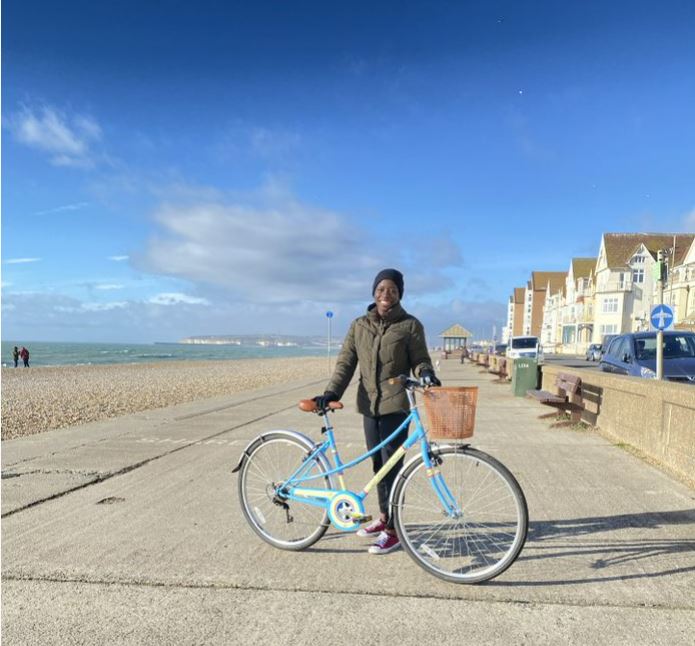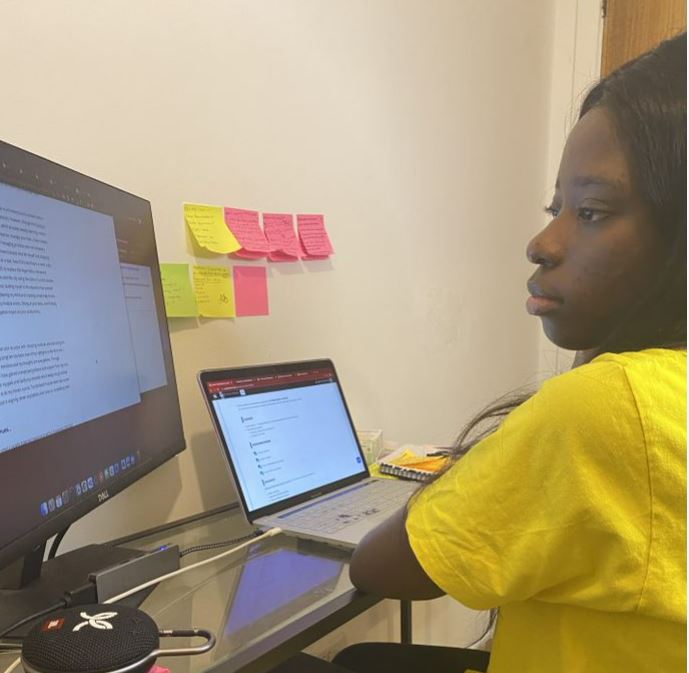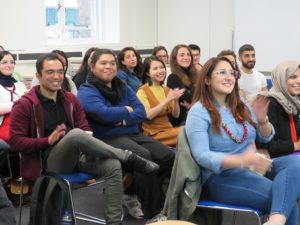Eucharia Chikodi Egemole came to the UK from Nigeria to study LLM General Law at Birkbeck. Here she shares her experience so far, including highlights, tips and things she wished she knew before coming to the UK.
When I decided to do a Master’s in Law, I chose to do so in the UK because of the quality of education and also because the legal system of my home country, Nigeria, was largely developed from the English legal system. What better way than learning the law directly from the source?
I applied to Birkbeck because, amongst other qualities, it was an evening university that allowed me the freedom to intern at a law firm during the days to gain legal experience. After being offered a place, I was swiftly issued with my Confirmation of Acceptance for Studies (CAS). Compared to the experiences my friends had when they applied to other universities, getting my CAS from Birkbeck was a very smooth experience. Below is my account of how it’s all gone so far – hopefully it can be helpful for any other international students!
The visa process
For international students wishing to study in the UK and in need of a visa to do so, time is of the essence. It is advisable to apply for a visa at least three months before the course commencement date. This allows enough time for you to get the visa, plan for any delays and prepare for travel. It’s also essential to submit all required documents as not doing so could lead to visa delay or denial.
Moving to London
I arrived in London on 6th October 2022, excited to be in the great city and ready for new experiences. It was my first time in the city and I’d never left my country before. My accommodation is in Chiswick, an area of West London, and I found it with the help of a fellow student who I met in a Facebook page created for Birkbeck international students called the ’Pre-departure Lounge for BBK 2022 International’. The page was very helpful as it gave information on how to collect the Biometric Residence Permit (BRP), open a bank account, the times and dates of study events, and a lot of other helpful information for international students.
Living in London
Living in London so far has been quite amazing. I thought I would feel homesick, but that is far from the case. London is so multicultural that even though it is miles away from your country, the chances are that you could meet someone from your background on the street or even bump into someone that speaks your language while strolling in the park. It is a home away from home.
Here are some highlights for me:
- Sightseeing: there are so many famous landmarks and places to visit, like London Bridge, Tower Bridge, the London Eye, Buckingham Palace or any of the museums and galleries.
- Food: London has an exceptional offering of different cuisines from all over the world including African, Chinese, Italian, and not forgetting English dishes too! I love good food and any time I am about to have a good multicultural food experience, I borrow the biblical verse and tell my soul to “eat and be merry”.
- Transport: the public transport system of tubes and buses is commendable. The network is designed so that a person can connect to anywhere across the city quickly and with ease.
While there are opinions that London is quite an expensive city to live in, I have found a way to manage my expenses and still have a good time. I have Railcard and an Oyster card that offer me discounts on transport; I try to do my shopping in stores that are having clearance sales; and I also prepare many meals at home. I am having an amazing time in London on a minimal budget.
Things I wish I knew before I travelled
If I were to prepare to travel all over again, I would not have packed and paid for extra luggage of foodstuffs. I could have got the same items in any African shop in London (there are many!) and at affordable rates too, saving myself the trouble, time, and money.
The native clothes and attire I brought with me also ended up as decoration in my suitcase, because I don’t wear them. If I knew, I wouldn’t have packed them as they mostly don’t suit any occasion here in London.
Another big thing is timekeeping. For an African like me, an hour or two past the agreed time is still within time. But that is not so in London. An appointment fixed for a particular time starts at that time and not a minute later.
And finally, in the UK, people queue up for services. In my home country, there are hardly any queues as a person takes their turn depending on how sharp or smart they are, or if they can pay their way.
My experience at Birkbeck so far
The learning experience at Birkbeck has been a highlight. Courses are taught by class discussions and lectures, and I have found this to be a great way for me to assimilate and retain information. It has also honed my communication skills.
The staff have been amazing, especially those working for the Student Advice Service. They are always available to listen to students, decipher their problems, and offer lasting solutions, which I have benefitted from.
Another highlight has been interacting with my fellow students. Chatting with them and hearing about their diverse cultures and backgrounds is fascinating and adds to the whole experience.
Conclusion
Living in London for me has been a life-changing experience. Meeting and interacting with people from diverse cultures has contributed to my personal growth and development – I now understand more about the world and myself. I had the challenge of coming to a new country and meeting new people, and I rebuilt myself to do this. Now, I am all I was before, but I have also acquired the confidence of a Londoner. I wouldn’t trade this experience for anything in the world.
More information:



